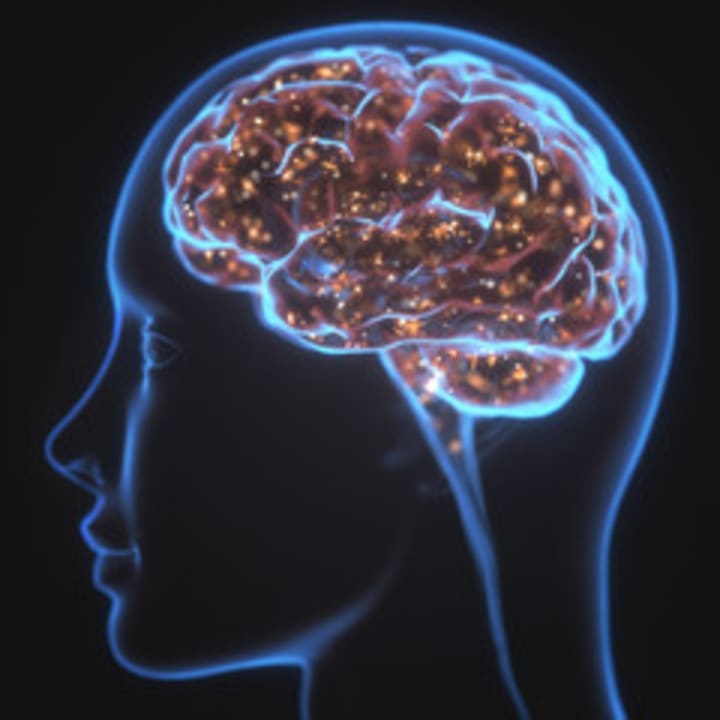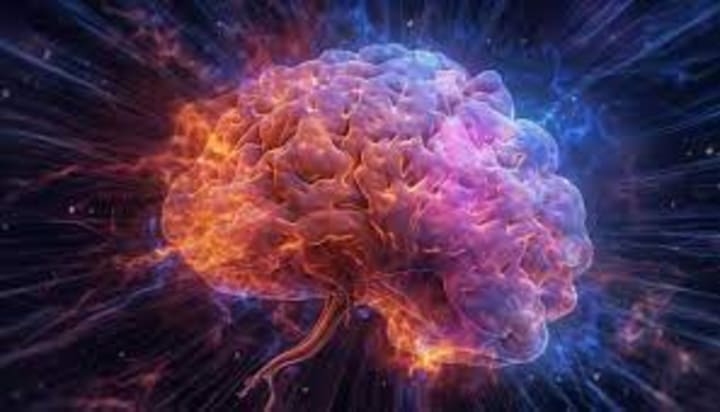The Fate of Genius: A Look into Newtons Brain Post-Mortem
Isaac Newton, one of the most influential scientists in the history of science, is known for his contributions to the fields of physics, mathematics, and astronomy. In this article, we delve into the story of Newton's brain, exploring the details of the post-mortem examination, his brain's unique anatomy, and the impact it has had on our understanding of neuroscience and human intelligence.

Isaac Newton, one of the most influential scientists in the history of science, is known for his contributions to the fields of physics, mathematics, and astronomy. However, after his death, it was discovered that he had an equally fascinating brain. Following the post-mortem examination of Newton's brain, scientists have studied it in an attempt to understand why he was such a genius. In this article, we delve into the story of Newton's brain, exploring the details of the post-mortem examination, his brain's unique anatomy, and the impact it has had on our understanding of neuroscience and human intelligence.
Introduction: The Fascinating Story of Newton's Brain

Isaac Newton is widely known as one of the greatest scientific minds in history. His discoveries, theories, and inventions revolutionized the scientific world and paved the way for many of the technologies we use today. But what happened to his genius after he passed away? In this article, we will delve into the post-mortem examination of Newton's brain, uncovering the physical characteristics that made him a genius and shedding light on the fascinating story of his intellectual legacy.
Newton's Life and Achievements: A Brief Overview:
Born in 1642 in England, Isaac Newton is most famous for his laws of motion and universal gravitation. He also made significant contributions in the fields of optics, mathematics, and alchemy. Newton attended Trinity College at the University of Cambridge where he became a professor of mathematics and eventually a member of parliament. He was knighted in 1705 and passed away in 1727 at the age of 84.
Newton's Brain: The Post-Mortem Examination
The Circumstances Surrounding the Examination:
Shortly after Newton's death, his brain was examined by Dr. William Clark, a physician and fellow of the Royal Society. Little is known about why the examination was conducted, but it is believed that Clark was attempting to understand the physical basis of Newton's genius.
The Process of the Examination:
Clark's examination of Newton's brain was typical for the time, involving dissection and observation of the brain's physical characteristics. He noted that Newton's brain was smaller than average but that the cerebral hemispheres, the parts of the brain responsible for higher functions like reasoning and language, were highly developed.
The Anatomy of Newton's Brain: Uncovering the Genius

The Physical Characteristics of Newton's Brain:
Clark's detailed examination revealed that Newton's brain had a unique anatomy compared to the average brain. The parietal lobes, which are responsible for spatial reasoning and mathematical abilities, were significantly larger than normal. This finding supports the theory that Newton's exceptional mathematical and scientific abilities were in part due to his unique brain structure.
The Areas of the Brain Associated with Genius:
Recent studies have shown that the area of the brain responsible for mathematical ability, the inferior parietal lobe, is highly active in individuals with exceptional mathematical skills. The size and activity levels of this area have been linked to mathematical ability and may have played a critical role in Newton's genius.
In conclusion, the post-mortem examination of Newton's brain provides insights into the physical basis of his exceptional intellectual abilities. While it is unlikely that we will ever fully understand the secrets behind his genius, this examination sheds light on the complex relationship between the brain and intellectual ability.
Newton's Brain in Comparison to Other Geniuses: What Sets Him Apart?

Many individuals throughout history have been celebrated for their intellectual prowess, but there are few who have left as profound an impact on the world of science and mathematics as Isaac Newton. Newton's brain has been studied extensively since his death in 1727, with scientists and scholars seeking to understand what made him such a brilliant thinker and innovator.
Comparisons to Other Famous Scientists, Mathematicians, and Physicists:
When compared to other famous scientists, mathematicians, and physicists, Newton stands out, not only for his groundbreaking discoveries but also for the way he approached problem-solving. For example, while Albert Einstein's theories were centered around the relationship between matter and energy, Newton's work was largely focused on understanding the physical laws that govern the universe. In addition, his development of calculus revolutionized the field of mathematics.
Distinctive Characteristics of Newton's Brain:
Despite significant advances in both neuroscience and technology, we are still unable to pinpoint exactly what set Newton's brain apart. However, researchers have identified a few potential factors that may have contributed to his exceptional intellect. For instance, studies suggest that he may have had a larger than average corpus callosum, which is a bundle of neural fibers that connects the two hemispheres of the brain. This increased connectivity may have enabled him to synthesize information more efficiently and effectively.
The Debate Over the Significance of Newton's Brain: Scientific and Philosophical Views

The significance of Newton's brain is a matter of great debate within both scientific and philosophical communities. While some scientists believe that studying his brain could lead to breakthroughs in the field of neuroscience, others argue that the study of genius is more philosophical than scientific.
The Scientific Community's View on the Significance of Newton's Brain:
Many scientists believe that studying Newton's brain could provide valuable insights into the nature of genius and how the brain processes complex information. For example, a study published in the journal NeuroImage in 2017 found that the brains of individuals with high cognitive ability exhibited greater connectivity between different areas of the brain, similar to what may have been present in Newton's brain.
Philosophical Debates on the Nature of Genius and its Relationship to the Brain:
Some philosophers argue that the study of genius is inherently philosophical, as it raises questions about the nature of intelligence and cognition. For example, some scholars question whether it is the brain itself that produces genius, or if it is a combination of environmental and genetic factors. Others argue that the study of genius should focus less on individual brains and more on the social and cultural factors that contribute to exceptional achievement.
The Legacy of Newton's Brain: Impact on Neuroscience and Beyond:

The study of Newton's brain has had a profound impact on the field of neuroscience, as well as on our broader understanding of human intelligence and cognition.
Advancements in Neuroscience Due to the Study of Newton's Brain:
The study of Newton's brain has helped researchers better understand the cognitive and neural processes involved in scientific discovery and problem-solving. Specifically, studying his brain has led to new insights into the role of neural connections in advanced cognitive abilities.
Broader Impacts on Understanding Human Intelligence and Cognition:
Beyond neuroscience, the study of Newton's brain has also contributed to our broader understanding of human cognition and intelligence. By examining exceptional individuals like Newton, researchers can better understand the factors that contribute to exceptional achievement and identify ways to cultivate these abilities in others. Additionally, studying Newton's legacy provides insight into the social and cultural factors that enable unparalleled innovation.
The study of Isaac Newton's brain has revealed fascinating insights into the nature of genius and the role of the brain in shaping human intelligence. Newton's brain continues to inspire curiosity and scientific inquiry, pushing researchers to uncover new knowledge about the complexities of the human mind. As we continue to explore the mysteries of the brain, Newton's legacy serves as a reminder of the incredible potential of the human intellect, and the importance of understanding the factors that contribute to our unique abilities.
About the Creator
Krishna raj
"If your dreams don't scare you, they're too SMALL"






Comments
There are no comments for this story
Be the first to respond and start the conversation.